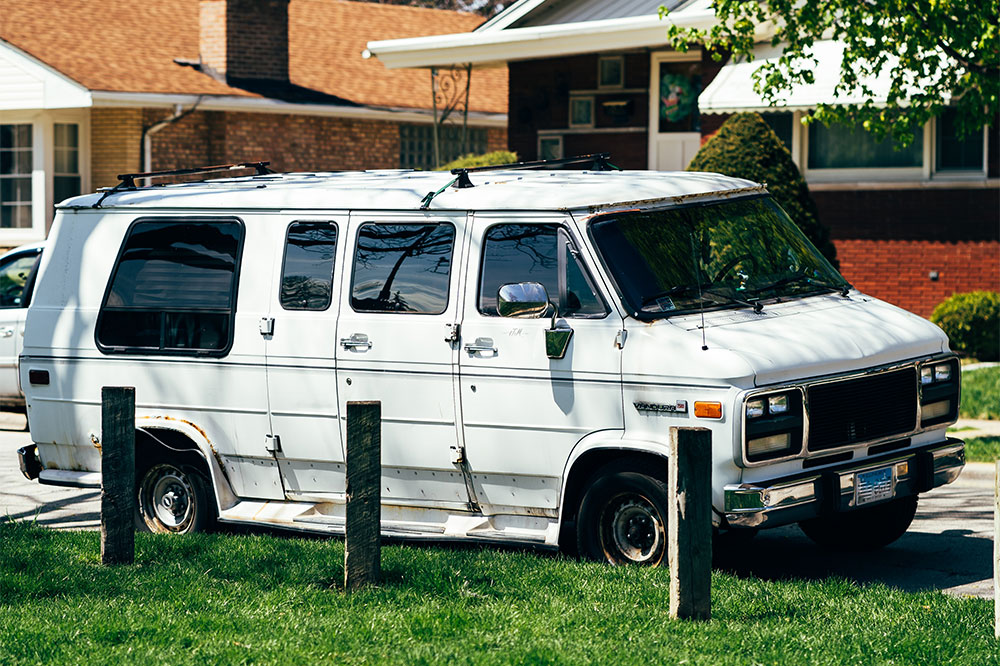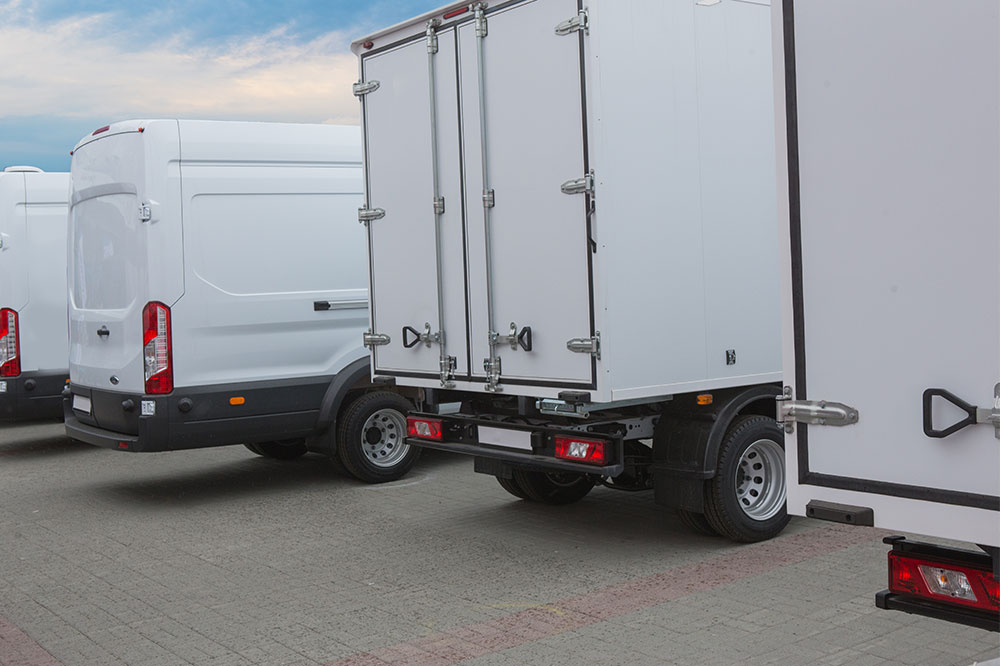Essential Guide to Commercial Vehicle Insurance for Businesses
This comprehensive guide explains the importance of commercial vehicle insurance for businesses. It covers types of vehicles insured, reasons for needing coverage, costs involved, and legal requirements. The article highlights key benefits such as higher coverage limits, protection for equipment, and employee safety. Understanding these details helps business owners make informed decisions to safeguard their assets from liabilities and risks associated with daily vehicle use. Essential reading for companies with fleet vehicles seeking reliable protection and compliance.

Understanding Commercial Vehicle Insurance for Your Business
Investing in commercial vehicle insurance is crucial for businesses that operate vehicles daily. It offers protection against liabilities and helps safeguard your finances, complementing your standard vehicle policy. Whether you own a small fleet or just a few company vehicles, this insurance shields you from significant risks. Learn about what commercial vehicle insurance covers, vehicle types included, and how much you can expect to pay for this essential coverage.
What is commercial vehicle insurance?
It’s an insurance plan that covers liabilities, physical damages, and usage-specific risks not covered by personal auto policies, ensuring comprehensive protection for business vehicles.
Commercial vehicle insurance applies to various business-related vehicles, including trucks, vans, and service utility vehicles. This coverage extends to equipment or tools inside the vehicles and the drivers operating them. Different providers may refer to it as fleet insurance, commercial truck policy, or business auto coverage, but they fundamentally serve the same purpose.
Why is commercial auto coverage essential?
Standard personal vehicle policies often exclude liabilities specific to commercial use. Commercial vehicle insurance addresses higher usage and associated risks exclusive to business operations, providing added security against potential claims and damages.
Coverage scope: Risks protected under commercial vehicle insurance
While similar to personal policies, commercial coverage differs in exclusions, limits, and eligibility criteria. Here’s what’s typically covered:
Physical damages and collision
Protection against damages from events like natural disasters, vandalism, or collisions. For example, if a storm damages your truck’s windshield, the policy will cover repairs.
Medical expenses
This coverage includes medical bills for drivers and passengers involved in accidents, regardless of who was at fault. For instance, if a caretaker driving a company vehicle gets injured, the insurance will cover hospital and related expenses, including ambulance charges.
Liability for accidents
If your vehicle causes damage or injuries, the policy handles legal costs and repair expenses for other parties. For example, if an employee’s accident damages another vehicle, the insurance covers repairs and injuries.
Uninsured motorist coverage
In cases where the other driver lacks insurance or their policy lapses, this coverage ensures your business isn’t financially liable for damages or medical bills. For instance, if an uninsured driver hits your company vehicle, the policy covers repairs and medical expenses.
What vehicles are excluded?
Leased or personal vehicles are generally not covered under commercial auto policies. If employees use personal vehicles for work, businesses can opt for non-owned auto insurance policies to safeguard against liabilities. Enforcing strict vehicle usage rules within your company can also prevent liability issues.
Cost considerations: How much does commercial vehicle insurance cost?
The premium varies based on multiple factors including vehicle type, value, claims history, risk level, and coverage options. Small businesses with fewer vehicles usually pay less, while larger fleets incur higher costs. Some insurers may offer discounts for multiple vehicles or safety features.
The typical annual premium for a business with a coverage limit of around $1 million is approximately $1,700, or about $142 per month. Premiums are influenced by industry risks; high-risk sectors like logistics tend to face steeper rates, whereas low-risk industries enjoy lower premiums. Adequate coverage limits also impact costs—more comprehensive policies cost more but provide better protection.
Is commercial vehicle insurance mandated by law?
In most states, including all except Virginia and New Hampshire, commercial vehicle insurance is legally required for businesses. Even in states where it’s not mandatory, businesses can be held liable for damages caused by their vehicles. For leased or employee personal vehicles used for business, specialized policies like non-owned auto insurance are recommended.
Key benefits of commercial vehicle insurance
Higher coverage limits
Since business vehicles are frequently used, higher sums insured protect businesses from substantial legal and repair costs arising from accidents. Personal policies often fall short of covering these higher liabilities.
Protection for equipment and tools
Business vehicles often carry valuable equipment that needs protection. Commercial auto policies cover damages or theft of these items, enabling quick replacements without financial strain.
Employee safety protection
In case employees are involved in accidents, commercial vehicle insurance covers their medical expenses and damages to company property, ensuring employee well-being and reducing financial burden on the business.










